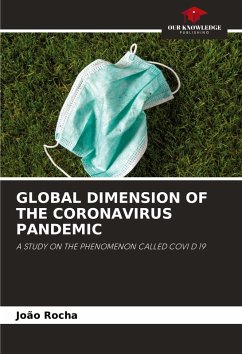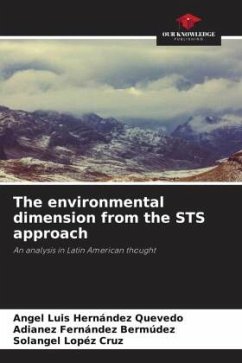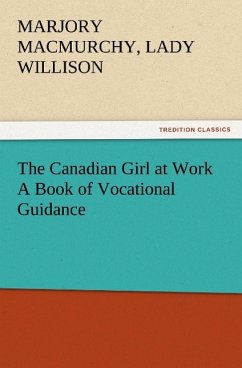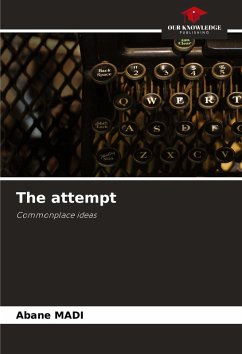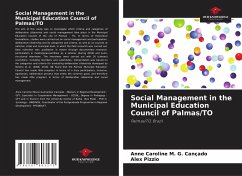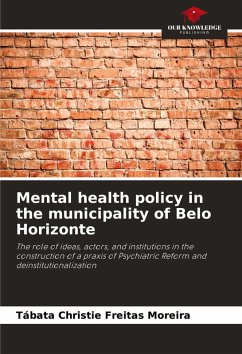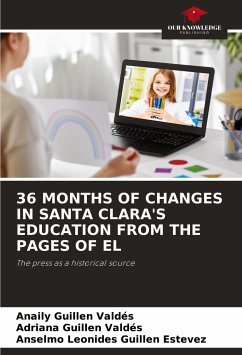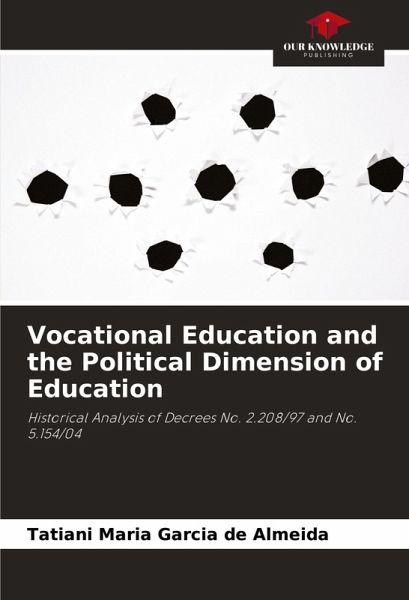
Vocational Education and the Political Dimension of Education
Historical Analysis of Decrees No. 2.208/97 and No. 5.154/04
Versandkostenfrei!
Versandfertig in 6-10 Tagen
24,99 €
inkl. MwSt.

PAYBACK Punkte
12 °P sammeln!
The study examines Decrees No. 2.208/97 and No. 5.154/04, the first of which was enacted during the government of President Fernando Henrique Cardoso, and the latter during the government of Luiz Inácio Lula da Silva. Decree 2.208 of 1997 advocated education in Brazil aimed at workers, disconnected from educational training with a more propaedeutic emphasis. In other words, it aimed to separate secondary education from vocational education. The election of a new government, headed by Luiz Inácio Lula da Silva in 2002, signalled the possibility of new directions for education. One of the issu...
The study examines Decrees No. 2.208/97 and No. 5.154/04, the first of which was enacted during the government of President Fernando Henrique Cardoso, and the latter during the government of Luiz Inácio Lula da Silva. Decree 2.208 of 1997 advocated education in Brazil aimed at workers, disconnected from educational training with a more propaedeutic emphasis. In other words, it aimed to separate secondary education from vocational education. The election of a new government, headed by Luiz Inácio Lula da Silva in 2002, signalled the possibility of new directions for education. One of the issues on the agenda was the repeal of Decree 2.208/97. This was repealed by Decree 5.154/2004, which was supposed to put an end to the dual education proposal and advocate secondary education combined with vocational education. With this in mind, this analysis aims to elucidate some questions about dualist proposals in the field of vocational education, based mainly on Gramscian theory. It could be particularly useful for those seeking to understand the vicissitudes of the educational sphere, relating them to political, economic and social issues.





